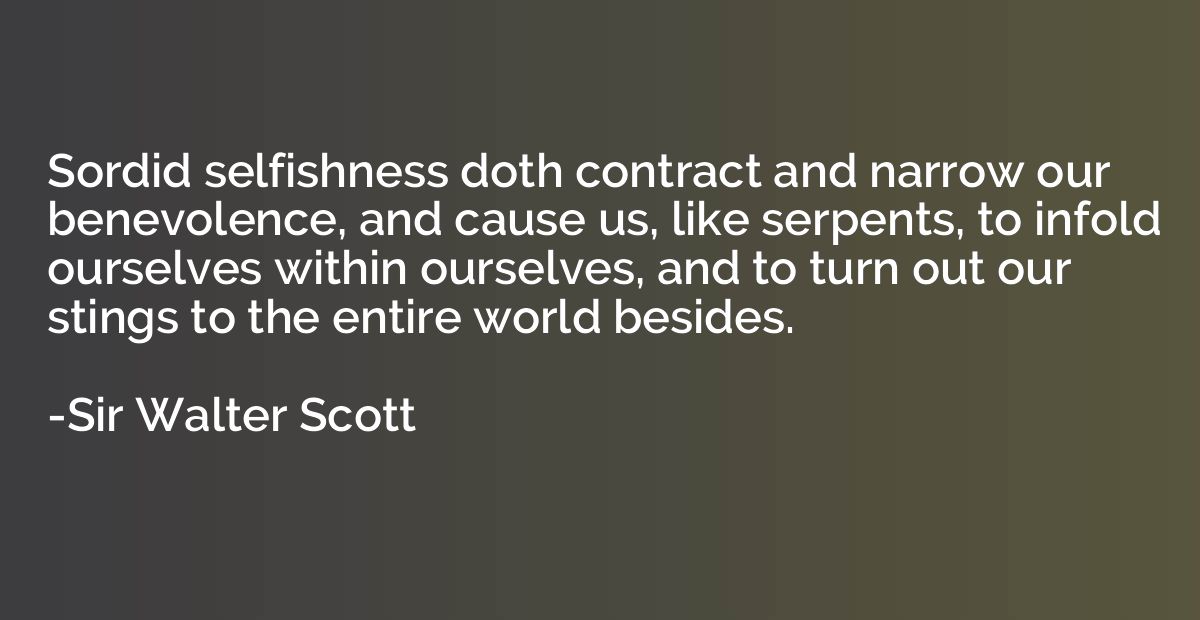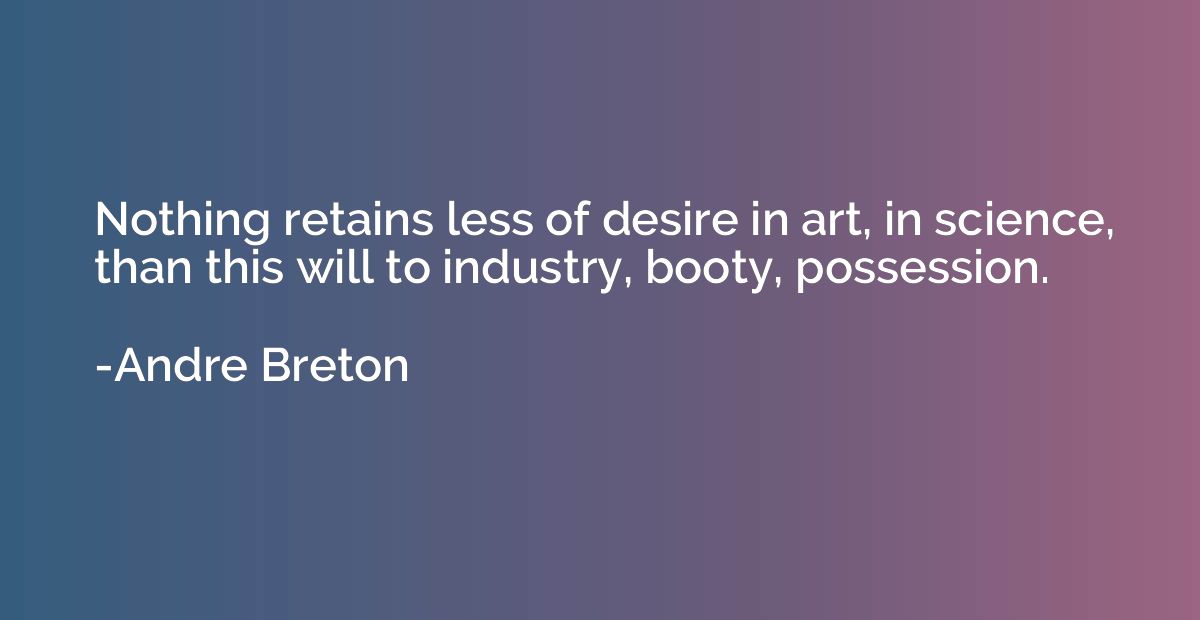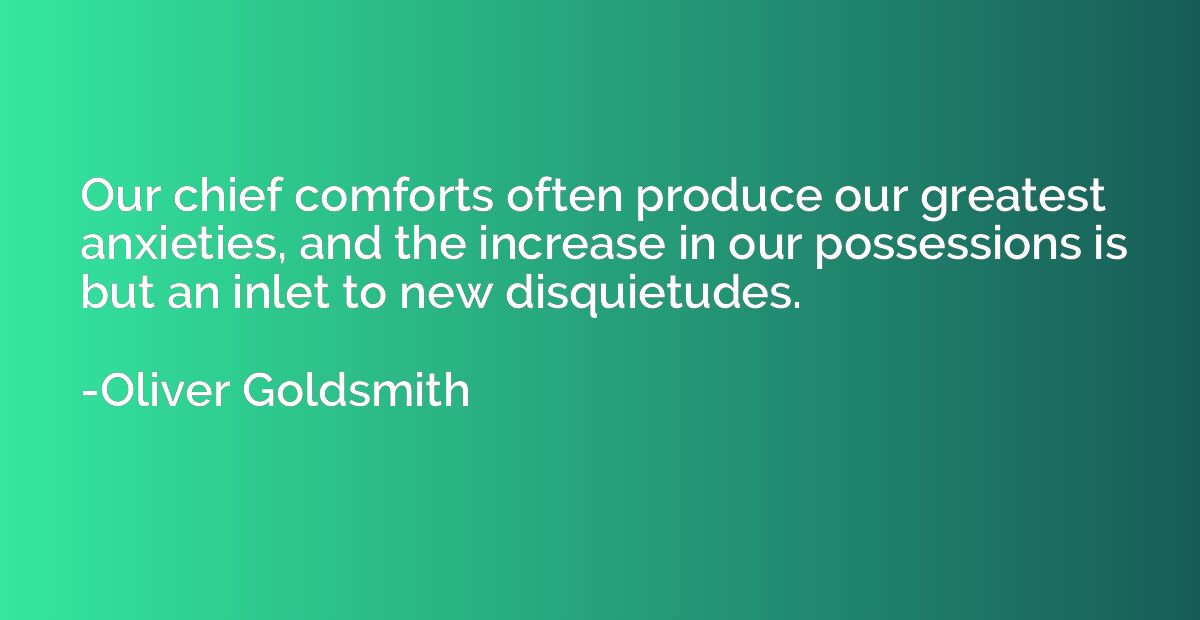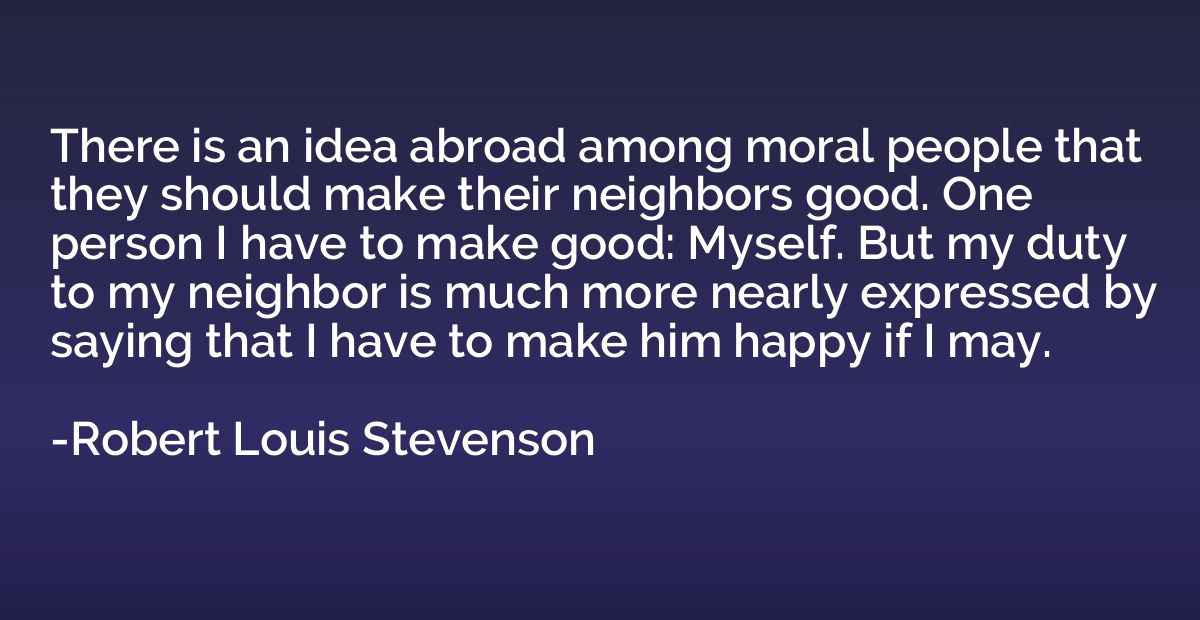Quote by Sir Walter Scott
Sordid selfishness doth contract and narrow our benevolence, and cause us, like serpents, to infold ourselves within ourselves, and to turn out our stings to the entire world besides.

Summary
This quote suggests that when we are consumed by selfishness, our capacity for kindness and generosity becomes restricted. It compares this self-centered attitude to snakes, which coil inwardly and only expose their harmful instincts to the rest of the world. In essence, sordid selfishness hinders our ability to empathize and care for others, as we become entirely focused on our own needs and desires.














